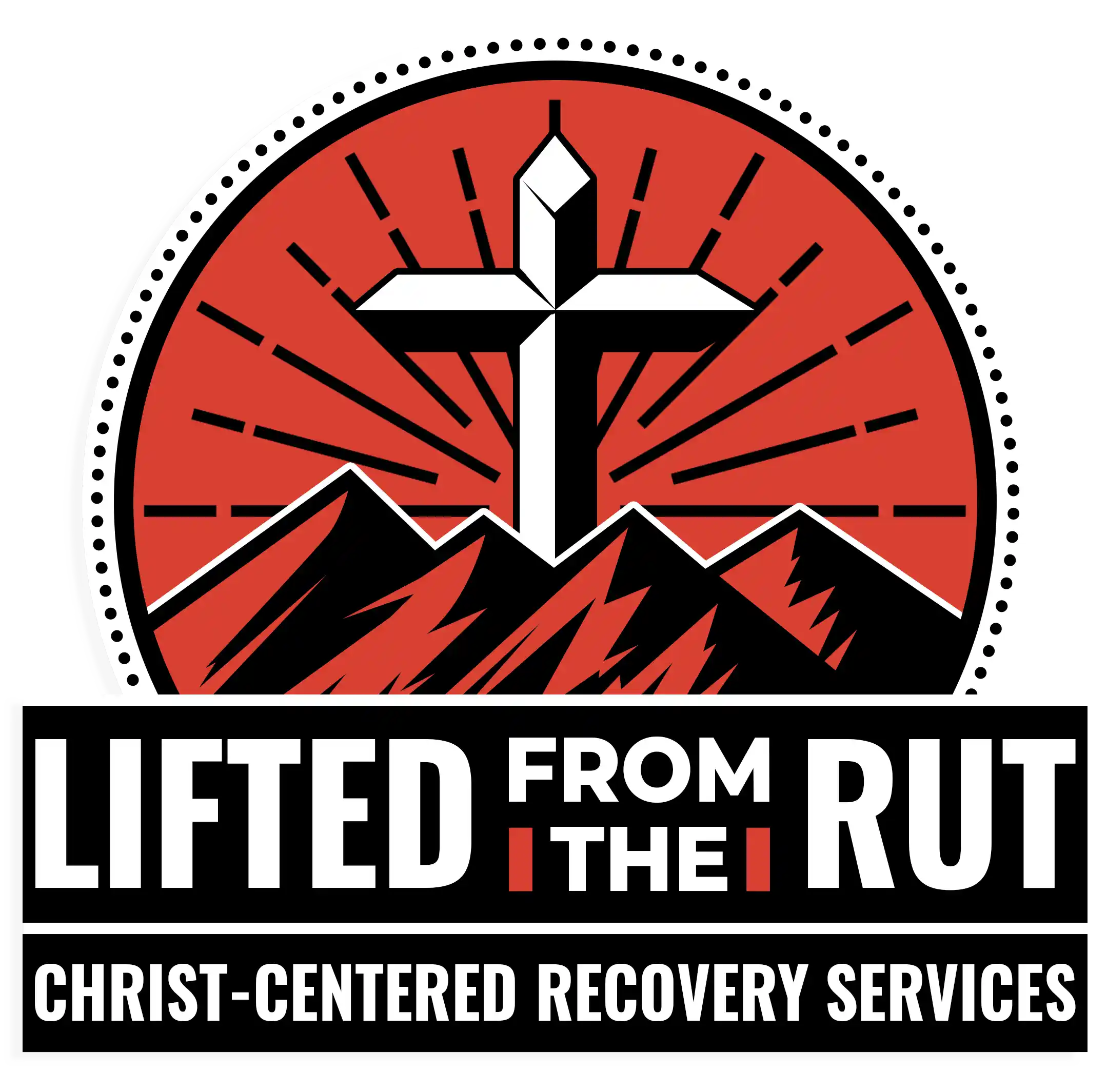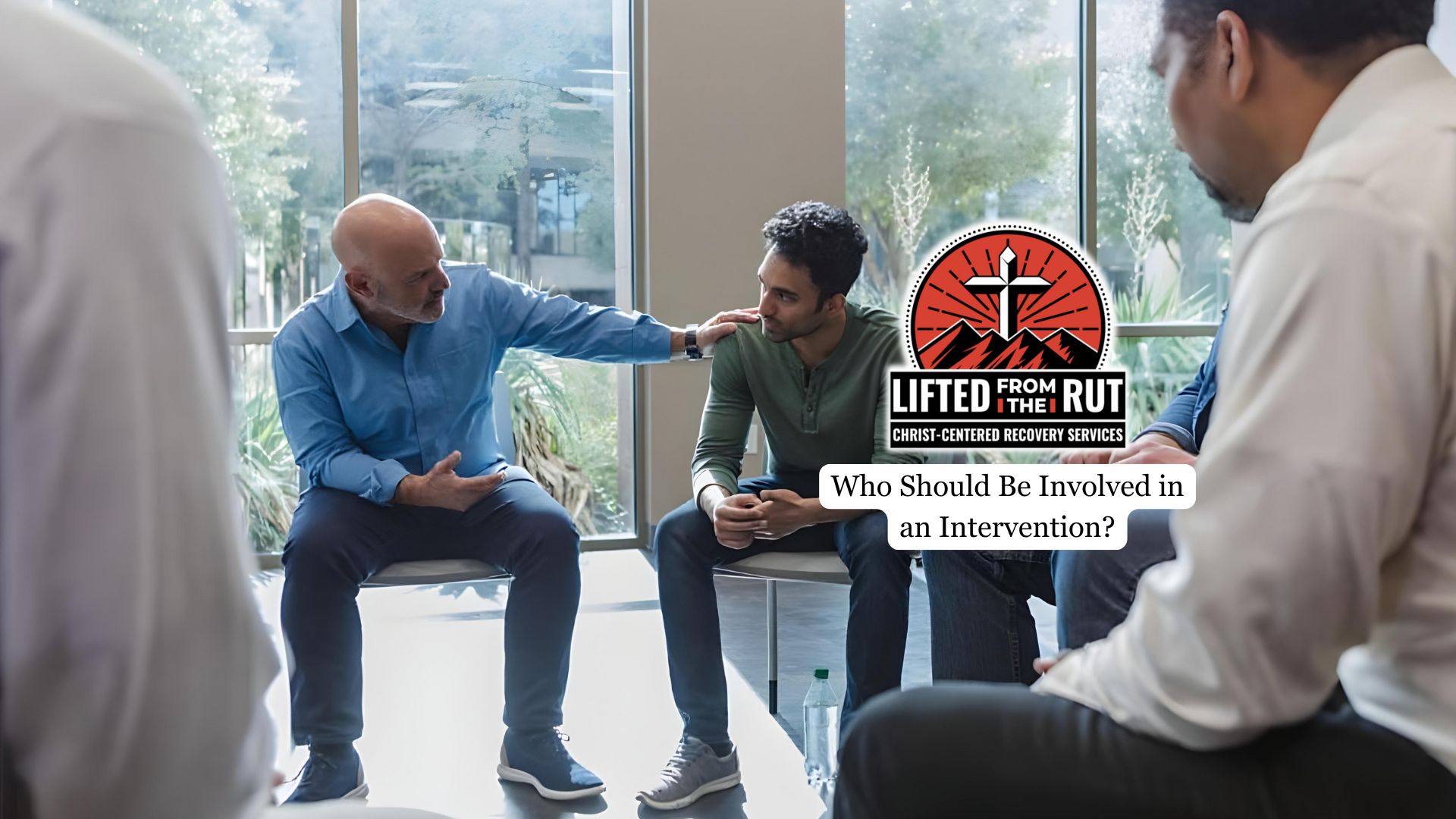Interventions aimed at helping individuals struggling with addiction, mental health issues, or other crises are most effective when thoughtfully planned and executed by a carefully selected team. In faith-based contexts, the involvement of community members who share spiritual bonds can provide unique support and strength.
This article explores who should be involved in an intervention, emphasizing the roles of family, friends, professionals, and faith leaders.
Understanding the Role of an Intervention
An intervention is a structured, compassionate confrontation designed to help a person recognize the impact of their behavior and motivate them to seek treatment or make a change. When someone you care about struggles with substance use, intervention creates a focused moment for their closest supporters to express concerns and offer help.
You will find that an intervention’s purpose is not just confrontation—it is about mobilizing a group of committed people who offer honest compassion and unified support. You are not in this alone, and neither is your loved one. By involving individuals your loved one respects and trusts, you can help them feel less isolated and more supported.
Including professional help in the process makes a real difference. A trained interventionist or addiction specialist provides structure, ensures everyone communicates effectively and helps maintain emotional control.
In faith-based settings, interventions often integrate spiritual support with practical assistance, reflecting the belief that healing encompasses both the body and the soul. Religious values such as compassion, forgiveness, and community support are foundational in guiding the intervention process.
After a successful intervention, your loved one should enroll in an Outpatient Program that offers a flexible and compassionate addiction treatment option, integrating Christian principles with evidence-based therapies.
Close Family Members
As someone considering an intervention, you need to understand the weight that close family members carry. Family members are typically the core of any intervention team.
Parents, siblings, and children often share strong emotional ties with their loved ones and hold a unique influence. Their intimate knowledge of the individual’s history, struggles, and strengths makes them essential participants in the process.
When you involve close family, you add depth to the intervention by highlighting firsthand experiences and the real impact addiction has had on everyone involved. Parental involvement is significant since parents typically serve as key support providers and decision-makers in critical situations.
In faith-based interventions, family involvement is often seen as fulfilling a religious duty to care for and support one another. Families provide emotional grounding and continuity of care after the intervention, reinforcing the spiritual and moral encouragement necessary for recovery. Their presence also reflects the faith principle of unconditional love and commitment to restoration.
Close Friends
Close friends who share the same faith or spiritual values can also play a critical role. They offer a perspective that complements family insights, often providing additional encouragement and accountability.
Friends can share personal experiences of faith and transformation, serving as living examples of hope and change. Their involvement can help reduce feelings of isolation and stigma, which are common barriers to seeking help.
In faith communities, friendships are often viewed as extensions of family, making their participation both natural and beneficial.
For the intervention to remain effective, it is essential to follow the guidelines set by professionals. This helps maintain respect and ensures your support contributes constructively to your loved one’s willingness to seek change.

Co-Workers or Other Significant People
When forming an intervention team, consider including co-workers who have a positive and trusting relationship with the person in need. These colleagues often notice changes in work performance or behavior that others might miss, making their insights especially valuable.
However, it’s essential to ensure that any co-workers involved feel comfortable and won’t jeopardize their jobs or disrupt workplace harmony. Carefully select colleagues who genuinely support the individual and exclude those who might harbor negative feelings or could undermine the process.
Always prioritize confidentiality and respect the person’s comfort level, as involving co-workers can be sensitive. Doing so can strengthen the intervention’s message of support and concern.
The Role of a Professional Interventionist
Professional interventionists bring expertise in managing the complex dynamics of an intervention. They guide the team in planning, communication, and follow-up, ensuring the process is respectful, effective, and safe.
In faith-based interventions, professionals often collaborate with religious leaders to blend clinical knowledge with spiritual care. This partnership enhances the intervention’s credibility and effectiveness by addressing both psychological and spiritual dimensions.
Interventionists also help the team prepare for potential resistance or denial from the individual and provide strategies to maintain compassion while remaining firm. Their presence can reduce emotional overwhelm for family and friends, allowing them to focus on their supportive roles.
Preparing the Intervention Team
The team must be educated about your loved one’s condition, the goals of the intervention, and the faith-based principles that will guide the process. Training sessions or meetings with the interventionist and faith leaders can help align everyone’s expectations and roles.
Prayer, spiritual reflection, and seeking divine guidance are often incorporated into the preparation process. This spiritual preparation fosters unity, patience, and compassion among team members. It also helps the team maintain a non-judgmental and hopeful attitude, which is crucial for encouraging the individual toward healing.
Criteria for Selecting Participants
Selecting the right participants for an intervention team requires careful consideration of several factors:
- Relationship strength: Participants should have a close, trusting relationship with the individual to ensure their message is heard and valued.
- Emotional stability: Team members need to be emotionally stable and able to handle the stress of the intervention without becoming overwhelmed.
- Commitment to the process: Participants must be willing to commit to the intervention plan and follow through with support after the intervention has been implemented.
- Faith alignment: In a faith-based intervention, participants must respect and accommodate the individual’s spiritual beliefs to provide authentic and meaningful support.
- Diversity of perspectives: Including a mix of family, friends, faith leaders, and professionals can provide a well-rounded support system.
- Respect for privacy: Participants must respect the confidentiality and dignity of individuals throughout the process.
Final Thoughts from LFTR Christ-Centered Recovery Services
With the right intervention team, you are giving your loved one their best chance at recovery. At LFTR Christ-Centered Recovery Services, we offer faith-based addiction treatment programs in Colorado that integrate Biblical truth with evidence-based clinical practices to support comprehensive healing of spirit, soul, and body. Our team combines clinical expertise with spiritual wisdom to address both the physical challenges of addiction and the more profound spiritual renewal necessary for lasting transformation.





